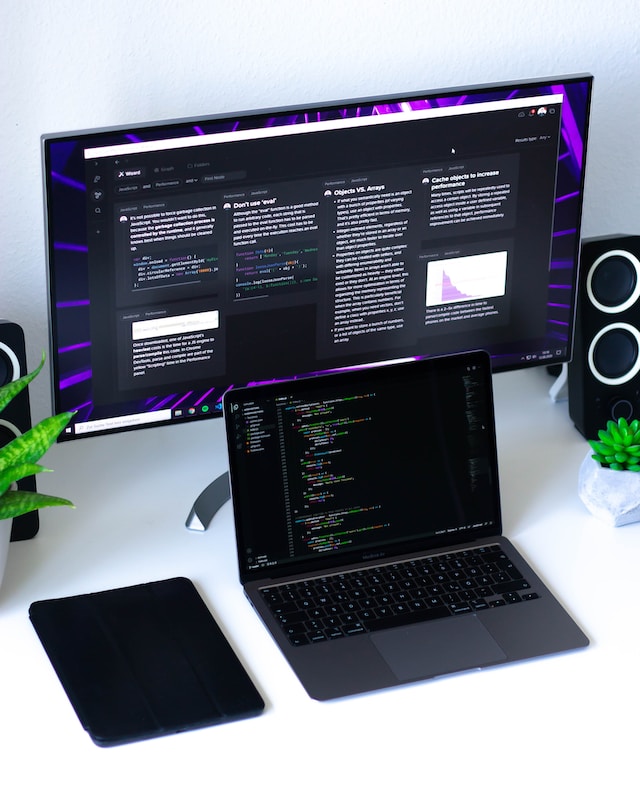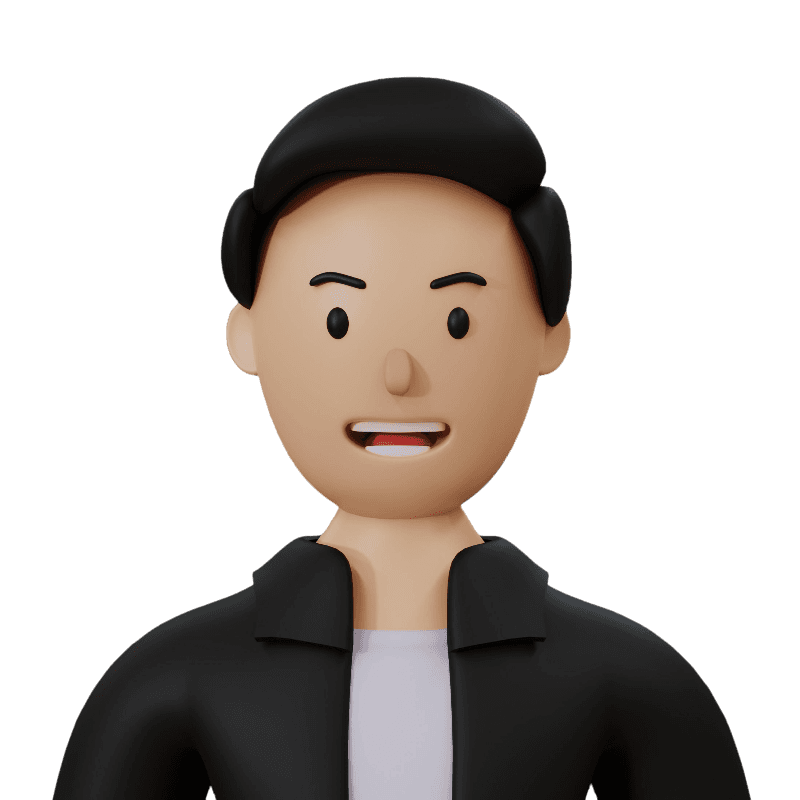In the fast-paced world of technology, improving your programming skills is not only desirable but essential for staying competitive and relevant. Whether you are a seasoned developer or just starting your programming journey, continuous skill enhancement is the key to unlocking a world of possibilities in the ever-evolving landscape of software development. In this article, we'll explore effective strategies and tips to boost your programming prowess and take your coding expertise to new heights.
- Embrace the Learning Mindset:
To improve your programming skills, adopt a learning mindset. Stay curious and open to exploring new concepts, languages, and frameworks. Engage in regular self-study and seek out valuable online courses, tutorials, and coding challenges. Remember, learning to code is an ongoing process, and every new challenge is an opportunity for growth.
- Practice Regularly:
As the saying goes, "Practice makes perfect." Consistent practice is the key to mastering programming. Dedicate time each day or week to code and build projects. Working on real-world projects not only hones your coding skills but also builds a portfolio that showcases your expertise to potential employers or clients.
- Collaborate and Seek Feedback:
Collaborating with fellow developers on projects or participating in coding communities can be incredibly beneficial. Engaging with others allows you to learn from their experiences, gain insights, and receive constructive feedback. Constructive criticism helps you identify areas for improvement and accelerates your growth.
- Break Down Complex Problems:
Tackling complex programming challenges can be daunting. To overcome this, break down the problems into smaller, manageable tasks. Apply the Divide and Conquer strategy, and solve each part step-by-step. This approach fosters a clear understanding of the problem and enables you to find elegant solutions.
- Read High-Quality Code:
Exposure to well-written code is an excellent way to learn new techniques and best practices. Study open-source projects, read code written by experienced developers, and explore GitHub repositories. Analyze how the code is structured, how algorithms are implemented, and how different parts interact with each other.
- Master Data Structures and Algorithms:
A solid understanding of data structures and algorithms is fundamental to becoming an efficient programmer. Study and practice common data structures like arrays, linked lists, trees, and graphs. Delve into various algorithms and their time complexities to optimize your code for efficiency.
- Stay Updated with the Latest Trends:
Technology evolves rapidly, and programming languages, frameworks, and tools are no exception. Stay abreast of the latest developments by reading tech blogs, following industry experts on social media, and attending conferences. Learning new technologies keeps your skill set relevant and adaptable.
- Debugging and Problem Solving:
Debugging is an essential skill for programmers. Learn various debugging techniques and practice them regularly. Debugging not only helps identify and fix errors but also enhances your problem-solving abilities, making you a more effective coder.
Conclusion:
Improving your programming skills is a continuous journey that requires dedication, perseverance, and a passion for learning. Embrace challenges, practice regularly, and engage with the programming community to gain invaluable insights. Remember, the key to becoming a proficient programmer is a combination of consistent practice, open-mindedness, and a thirst for knowledge. So, let your curiosity guide you, and embark on a rewarding journey to master the art of coding. Happy coding!



